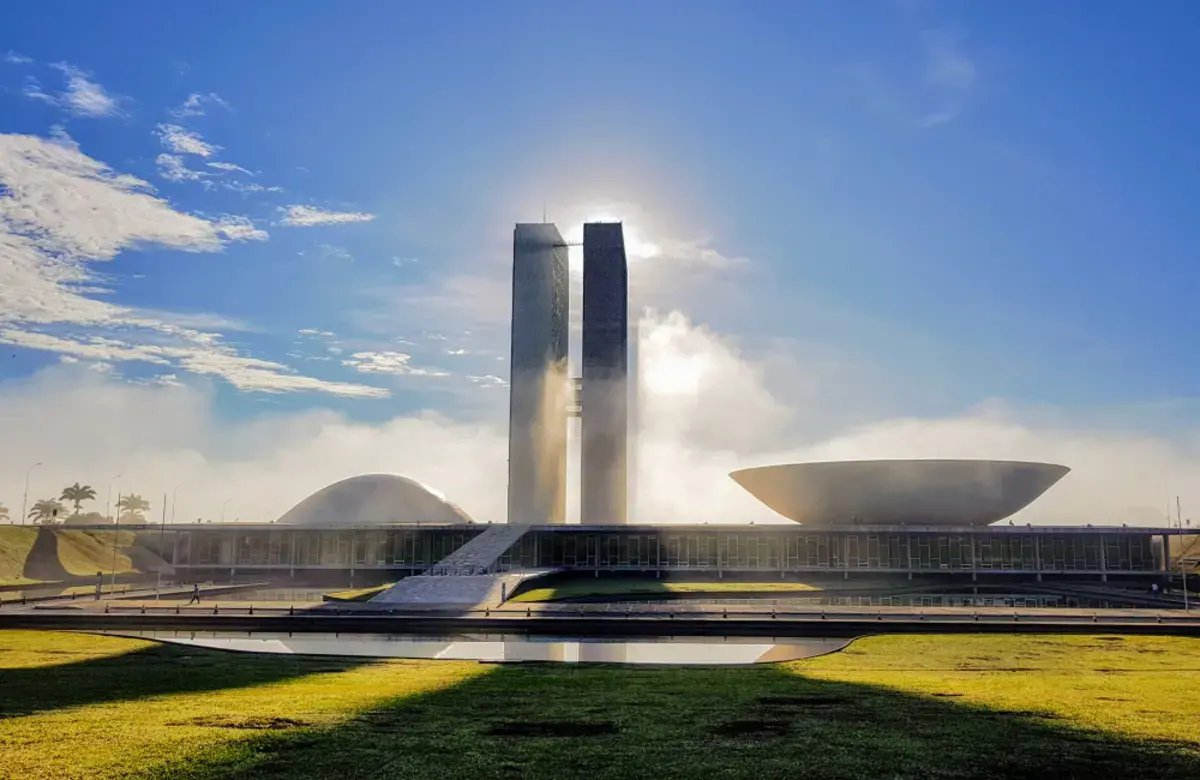The Brazilian election will be the big event in the Amazon in 2022. With 60% of the Amazon in Brazil’s territory, political decisions led by the current Brazilian legislative and executive powers will affect the advance of illegal activities in protected areas and against rainforest peoples.
The pressure on the Amazon, its resources, and local communities is expected to increase this year with the possibility of a new government and a change in political power.
Projects should investigate the impact of the upcoming Brazilian elections on the Amazon, considering how executive-branch decisions, votes in Congress, and local policies have an impact on the rainforest, the environment, and forest communities.
The proposals should consider how the legislative and executive branches affect land grabbing, deforestation, mining (legal and illegal), land conflicts, and murders of environmental defenders. The campaigns in the Amazon region and the consequences of a possible change of power at the federal level are also central themes, as well as the repercussions on neighboring nations.
Is the Amazon being contemplated by the main electoral candidates, both at the federal and state levels, in both executive and legislative positions? Is the Amazon at the center of the electoral debate and government projects? How does the forest appear in the proposals of the main candidates?
These are some of the many questions that the proposals may seek to answer in in-depth journalistic investigations.
Call for Proposals
The Amazon Rainforest Journalism Fund (RJF) and the Pulitzer Center are opening a new, special call for grant applications. Journalists, editors, and independent media organizations are invited to submit a proposal on the impact of Brazil’s elections on the Amazon rainforest.
The projects should consider the intersection of upcoming elections for president and Congress and their impacts on deforestation, and other critical issues in the region. They might consider how congressional decisions are influencing local actions; they could look at the conduct of campaigns in the region, or investigate how the prospect of a change of power is affecting the situation on the ground. They could focus on conservation, Indigenous communities, illegal mining, land grabs, regulation, or environmental crime.
The projects should highlight local voices and have a strong distribution plan that must include a credible project for broad dissemination in influential local and/or regional news media (can be print, online and/or broadcast, or a combination). The plan must include commitment letters from interested editors and publishers working in the news media outlets they propose.
Proposals for this special call must be received by April 30, 2022. Applications can be submitted in Spanish, Portuguese, or English. Reporting may be done in any language. The review committee will select a limited number of projects meeting the proposal criteria, with priority given to collaborations that can reach a broad domestic and/or international audience.
Click here to access the application form.
Criteria for Proposals. Proposed projects should:
- Involve collaboration. This could include local and/or Indigenous journalists, or domestic-international media partnerships;
- Have strong, extensive and wide distribution;
- Demonstrate attention to editing, reporting, and safety standards (for example, avoiding unnecessary travel and implementing preventive health measures for journalists and communities);
- Utilize innovative reporting techniques, such as data journalism and multimedia engagement, to build strong stories with minimal pandemic and safety risk to sources.
Projects involving collaborations (such as between national and/or Indigenous journalists, or between domestic-international media partnerships) will get extra consideration, though projects by solo journalists or single media outlets are acceptable.
Eligibility: Grants are open to journalists, writers, photographers, radio producers, and filmmakers. Staff journalists, as well as freelancers of any nationality, are eligible to apply. Newsrooms or teams may also apply—the team lead should be the main applicant.
Applications should be submitted via the form at the link below. The form will require the following information:
- A description of the proposed project (400 words max), including the following information: topic/focus and its timeliness; methodology (details about coordination, reporting, editing, and information management—particularly in relation to local journalists);
- Safety plan (if applicable), including risk mitigation (health, physical safety) for the journalist and communities that may be involved in the reporting project, and consideration of ethics issues;
- Deliverables and distribution plan (200 words max), including publication plan and media partnerships;
- Preliminary budget estimate, including a basic breakdown of costs;
- For the lead journalist: contact information, CV, three work samples, and three professional references;
- For the rest of the team: description of roles, professional qualifications, and CVs where possible;
- Letters of commitment from interested partner media or editors;
- Applications may also include a more detailed description of the project, but this will be considered as an optional supplement only;
- Please note that the advisory committee is particularly keen to support collaborative proposals that can reach a wider audience.
- Deadline: April 30, 2022.
Budget: Up to US $10,000 maximum award amount for these grants, but depending on project specifics, it may be higher. Budgets can include, for example:
- Compensation for local journalists;
- Cost of project coordination/management;
- Travel and lodging;
- Data analysis and visualizations;
For approved projects, half of the grant amount is generally paid just before the reporting, and the remainder is delivered upon submission of the principal material for publication or broadcast. Specific grant terms are negotiated during the application process.
Application Timeline: Within a week of your submission, you should receive a confirmation of receipt. Applications will be due on April 30, 2022, and successful applicants will be notified by the end of April.
Contact: Verónica Goyzueta ([email protected])
